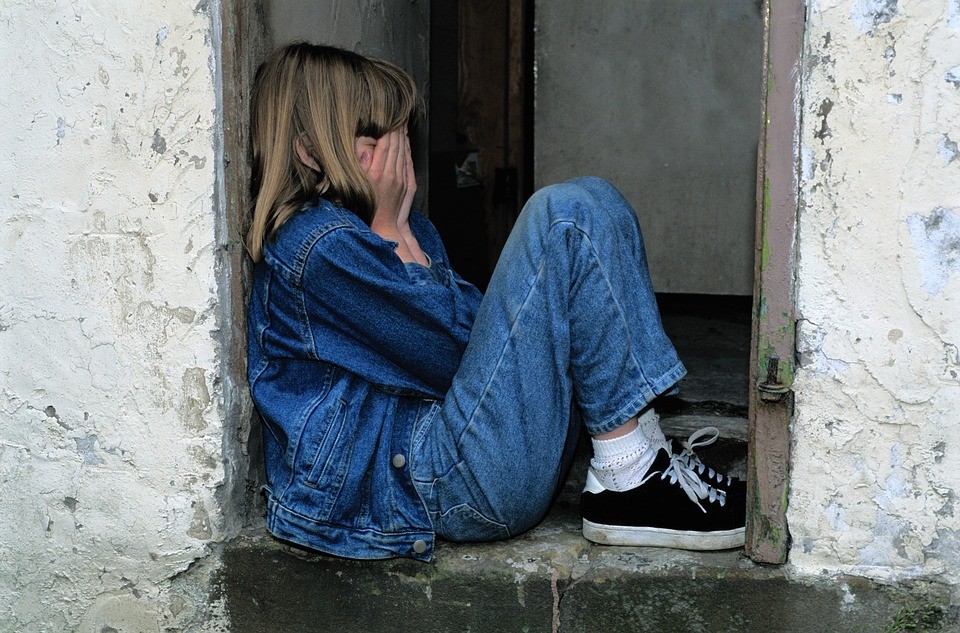
Investigating the newest methods for research concerning children was the focus of the 2021 Child Maltreatment Solutions Network Conference, held recently at Penn State’s University Park campus at the Penn Stater Conference Center Hotel, both in person and virtually.
The two-day event featured 17 researchers who presented the latest science addressing gaps in research and advancing the study of child maltreatment.
Jennie Noll, director of the Child Maltreatment Solutions Network and professor of human development and family studies at Penn State, spoke on methods used to analyze the risk factors of the online behaviors of sexually abused females.
“If we leave these kids out, we leave out an important part of the puzzle,” Noll said. “By studying this population, we begin to understand a whole host of mental and physical health problems… [and] we can understand why these things happen.”
The first session continued with a lecture from the University of Georgia’s Anne Shaffer, whose presentation focused on encouraging parental emotional support and coaching skills such as validation and emotion awareness.
Shaffer said these skills relate to children’s psychological and physical health, social adjustment and increased help-seeking from adult caregivers when distressed.
Session 2 of the conference began with a lecture from Kate Guastaferro, assistant research professor at Penn State and an affiliate at the Child Maltreatment Solutions Network.
Guastaferro’s spoke about the MOST program, an envisioned approach for reducing incidents of child maltreatment through behavioral interventions such as education for parents as well as providing networks and coping mechanisms.
The second day of the conference began with a presentation from Kent Hymel, professor of pediatrics at the Penn State College of Medicine and Solutions Network cofunded faculty member.
Hymel discussed the Pediatric Brain Injury Research Network and its goal to create a simple, reliable plan to minimize cases of missed diagnoses of abusive head trauma, one of the leading causes of traumatic death and injury among children.
Chad Shenk, associate professor of human development and family studies and pediatrics, who also served as the 2021 Conference Chair, presented on methods for controlling contamination bias in child maltreatment research.
Yo Jackson, professor of child psychology at Penn State and associate director of the Child Maltreatment Solutions Network, spoke about the T32 Program at Penn State, a training program that provides pre- and post-doctoral scientists with the training necessary to identify psychosocial determinants and biological pathways that underlie healthy and unhealthy aging.
The conference wrapped up with the announcing of this year’s poster session winners: graduate students Johnny Felt, Ann Christin-Haag, Elizabeth Hamik and Anna Smith.
Since its launch in 2012, The Child Maltreatment Solutions Network conferences have established a concrete frontier of understanding child maltreatment through advanced research. It is part of the Social Science Research Institute at Penn State. For more information about the Child Maltreatment Solutions Network and its work, visit its website at www.solutionsnetwork.psu.edu.